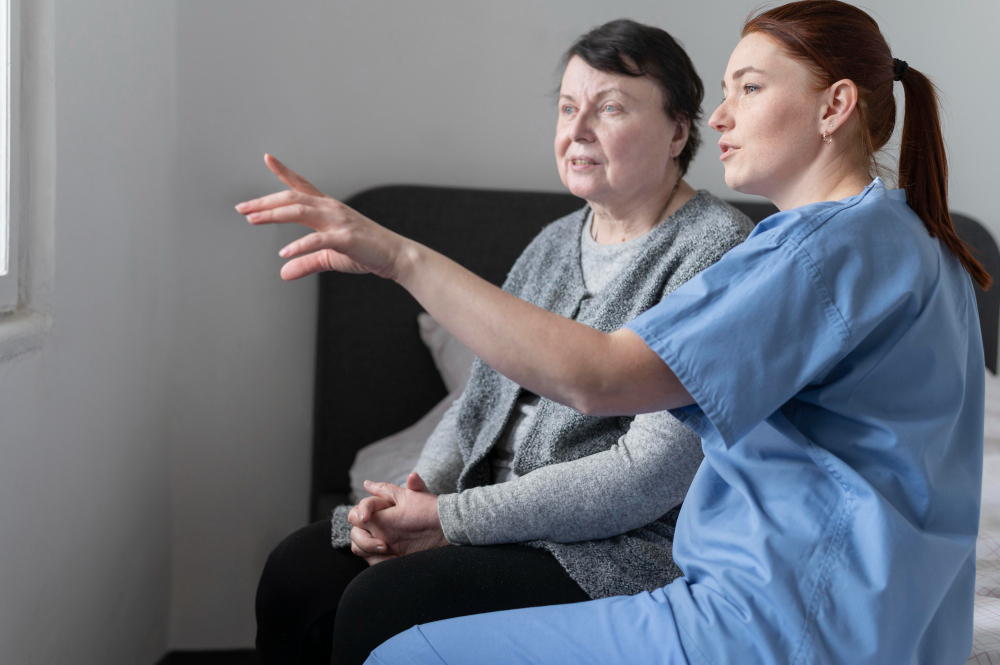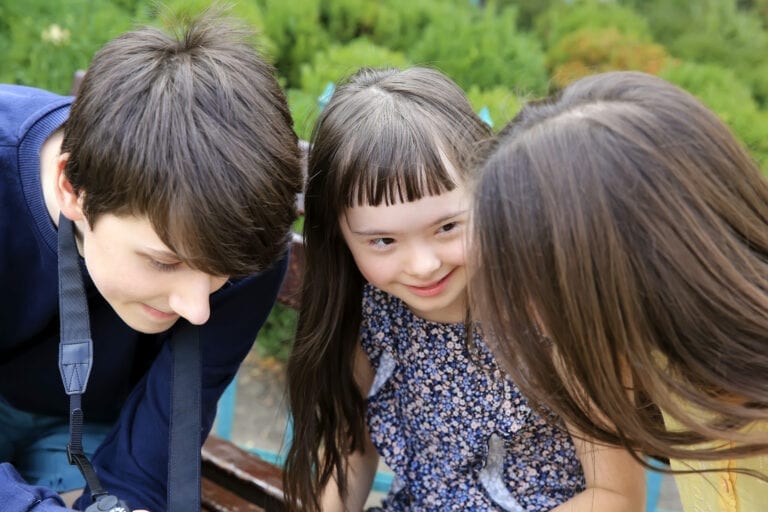South Carolina is a vibrant state with a growing multicultural population. As more families from diverse backgrounds settle in the region, the demand for home care services that align with their cultural and linguistic needs has increased significantly. One of the most impactful ways to meet this demand is by providing bilingual caregivers. At From The Heart Home Care, we recognize the transformative role that bilingual caregivers play in enhancing the quality of life for both clients and their families. This article explores the numerous benefits of hiring bilingual caregivers and how they contribute to culturally competent care across South Carolina.
Understanding the Role of Bilingual Caregivers
Bilingual caregivers are healthcare professionals who can communicate fluently in more than one language. Their linguistic abilities allow them to provide seamless communication, cultural understanding, and tailored care for clients who speak different languages. In a diverse state like South Carolina, bilingual caregivers help bridge the gap between patients and caregivers, reducing confusion and improving the overall care experience.
Enhanced Communication and Clarity
Breaking Down Language Barriers
Effective communication is essential in any caregiving situation. When a caregiver can speak the same language as the client, it eliminates misunderstandings and ensures that the patient’s needs, preferences, and concerns are fully understood. This is particularly important when discussing medical conditions, medications, dietary restrictions, or emergency protocols.
Improving Client-Caregiver Relationships
Speaking the same language fosters a stronger connection between caregivers and clients. Clients feel more comfortable expressing themselves, sharing stories, and asking questions. This open line of communication helps build trust and mutual respect, which are crucial elements of successful in-home care.
Supporting Emotional and Mental Well-Being
Fostering Emotional Connection
For many seniors and individuals receiving care, their native language is deeply tied to their identity. Being able to speak their preferred language helps them feel respected and understood. This can significantly improve their emotional well-being and reduce feelings of anxiety, confusion, and isolation.
Combating Loneliness and Social Isolation
Many older adults experience social isolation, especially if they have limited English proficiency. Bilingual caregivers provide more than just physical assistance—they offer companionship and conversation in the client’s native language. This interaction can make a substantial difference in the client’s daily life, fostering joy and mental stimulation.
Learn More: 6 Ways to Improve Cognition & Emotion as We Age
Delivering Culturally Competent Care
Respecting Cultural Traditions and Practices
Bilingual caregivers often share cultural similarities with the clients they serve. This enables them to provide care that respects religious beliefs, traditional practices, and dietary customs. Whether it’s preparing culturally appropriate meals or understanding cultural sensitivities, bilingual caregivers enhance the overall caregiving experience by making it more inclusive and respectful.
Adapting Care to Cultural Norms
Cultural understanding goes hand in hand with language skills. A caregiver who understands the nuances of a client’s culture can better adapt their approach to meet expectations. This includes everything from body language and personal space to gender roles and family involvement in care decisions.
Improving Health Outcomes and Safety
Ensuring Accurate Medical Communication
Medical terminology can be complex, and miscommunication can lead to serious consequences. Bilingual caregivers help ensure that instructions from healthcare providers are accurately translated and followed. This improves medication adherence, reduces the risk of errors, and promotes better management of chronic conditions.
Responding Effectively in Emergencies
In emergency situations, clear and immediate communication can be lifesaving. Bilingual caregivers can quickly relay symptoms, understand instructions from first responders, and keep the client calm by speaking in a familiar language. This can significantly improve the outcome of emergency care.
Meeting the Needs of South Carolina’s Diverse Communities
Serving Multilingual Populations
South Carolina is home to a growing number of multilingual families. Languages such as Spanish, French, Vietnamese, Korean, Haitian Creole, and Mandarin are spoken across the state. From The Heart Home Care is committed to serving these communities by offering bilingual caregivers who can provide personalized, culturally sensitive care.
Bridging the Gap for Immigrant and Minority Families
Immigrant families often face unique challenges in accessing healthcare. Language barriers can make it difficult to understand care plans or advocate for loved ones. Bilingual caregivers act as a bridge, helping families navigate the healthcare system and feel more empowered in making care decisions.
Building Trust and Peace of Mind for Families
Enhancing Family Involvement
When caregivers and family members share a language, it promotes greater collaboration and communication. Families feel more confident in the care their loved ones are receiving and are more likely to stay actively involved in the caregiving process.
Providing Reassurance and Comfort
Knowing that a caregiver can speak a loved one’s language offers peace of mind to families. They can rest assured that their relative is not only being well cared for physically but also emotionally and socially. This level of reassurance is invaluable, especially for families who live far away or have demanding schedules.
Learn More: Depression in Seniors: Causes, Symptoms & Treatment Options
Why Choose From The Heart Home Care for Bilingual Caregivers?
At From The Heart Home Care, we believe that language should never be a barrier to receiving quality care. Our team of bilingual caregivers is carefully selected and trained to provide compassionate, culturally competent services. We understand the importance of respecting each client’s background, values, and traditions.
Our Commitment Includes:
- Offering caregivers fluent in Spanish, French, Korean, Vietnamese, Haitian Creole, and more
- Customizing care plans to reflect cultural preferences and communication needs
- Ensuring caregivers receive ongoing training in cultural competence and effective communication
- Matching families with caregivers who are a good linguistic and cultural fit
Whether your loved one requires part-time help, full-time assistance, or specialized care, we strive to create a nurturing and inclusive environment where they can thrive.
Final Thoughts: The Power of Language in Caregiving
Language is more than just a tool for communication—it is a connection to identity, culture, and community. In a diverse state like South Carolina, bilingual caregivers play a crucial role in providing care that is not only effective but also meaningful. They help clients feel seen, heard, and valued, which greatly enhances the quality of in-home care.At From The Heart Home Care, we are proud to support families from all backgrounds with caregivers who truly understand their needs. If you are seeking a caregiving solution that bridges language and cultural gaps, contact us today to learn more about how our bilingual caregivers can support your family.







